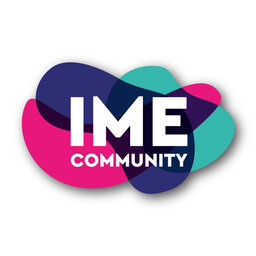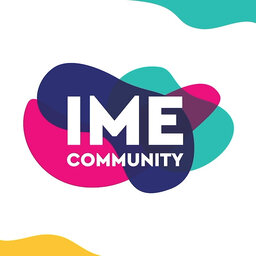Weight Loss Medications like Wegovy in Teens with Dr. Karla
A Doctor’s Take on Weight Loss Medications & Teens Go to drkarlamd.com to learn more. The results of the STEP TEENS phase 3 trial of once-weekly subcutaneous semaglutide 2.4mg (Wegovy) in adolescents aged 12 up to 18 years old with obesity are very promising. Published in November of this year in the NEJM, the study showed that patients who received semaglutide vs. placebo had greater reductions in body weight, improvements in waist circumference, A1C, lipids (except HDL cholesterol) and alanine aminotransferase. Quality of Life measures were better in the semaglutide group. Adverse gastrointestinal events were greater with semaglutide compared with placebo. Many pediatricians and childhood obesity experts, like me, who have been working for decades, taking care of hundreds of adolescent patients while watching the rates of severe obesity rise, especially during the pandemic, have hope that medical treatment will finally have effective tools to help our teen patients. Up until now, the weight loss medications approved for adolescents have been Qysmia, a combination of phentermine and topiramate which curbs appetite and once-daily injectable GLP-1 agonist. There have, of course, been other medications used for weight loss in adolescents, but with minimal effect and more side effects. Teen patients have told me they don’t like how they feel taking phentermine, especially if they have anxiety disorder. A daily injection is, well, a daily injection. I’m grateful these medications are coming out now instead of four years ago when I was the medical director of a pediatric weight management program at a Children’s Hospital and before I went through my own weight loss journey. The program was stuck in CICO thinking. The old Calories In Calories Out Energy Imbalance Model of Obesity and ignoring the epidemic of Insulin Resistance and that obesity is hormonal and not simply caloric. I was stuck in it too. Now, after becoming a certified life and weight coach and Diplomate of the ABOM, as I add a virtual health component to my digital coaching platform for teens, the timing to add in GLP-1 agonists to my physician toolbox is spot on. Mostly, I’m grateful for the countless hours I have been able to spend coaching teens and parents and as a TikTokdoc learning what it’s actually like for patients who share their journey using GLP-1 agonists on the app. The biggest benefit of GLP-1 agonists is the “quiet mind” patients experience. For the first time, their mind is not constantly food seeking and craving. Patients also feel fuller faster which makes sense because GLP-1 delays gastric emptying. Weight loss medications that effectively treat the root cause is what’s exciting: Insulin Resistance and sugar cravings from ultra-processed foods. Weight gain is a byproduct of Insulin Resistance and weight loss is a byproduct of reversing insulin resistance. Of course, as appetite is suppressed, it is important to make sure patients are getting adequate intake and don’t get into a restrictive eating pattern that will rebound as binging if and when they stop their medication. If you are someone like me who has successfully and sustainably lost weight, you know a major part of the journey is making changes to transition to eating real food. You understand what it’s like to believe that sugar and ultra-processed food is addictive. The instant gratification of dopamine from ultra-processed foods is powerful. Helping teen patients create a dopamine balance so their daily life is full of true reward and gratification is imperative even with the use of GLP-1 agonists. There is so much stigma around weight in the clinic setting and the patient-doctor interaction. Attrition rates are high and attendance rates are low for teens going to weight management programs. As a doctor in a clinic, patients didn’t share with me what they share with me when I’m coaching them. Now, I get to meet them where they are. Motivational Interviewing is powerful but isn’t the same as offering access to parents and teen patients coaching through obstacles as they come up in real time. What is your plan for patients to have access to you? Obviously, there’s the issue of accessibility, insurance coverage, supply chain issues, side effects and whether the patient is interested and willing to take an injection. There’s also a belief that teens I coach often express, I'm broken or there’s something wrong with me so I need this singular fix. Stay away from perpetuating that. Frame up the use of medications as just one part of a whole approach to health. The new GLP-1 agonists potentially reduce disease risk and chronic disease burden in teens with a once-weekly injection. Let’s focus on what the GLP-1 agonists are really treating and be excited about that instead of celebrating weight loss. I want to caution all of us to stay out of singular solution quick fix thinking while treating a chronic complex disease in teens.
 IME Community
IME Community


